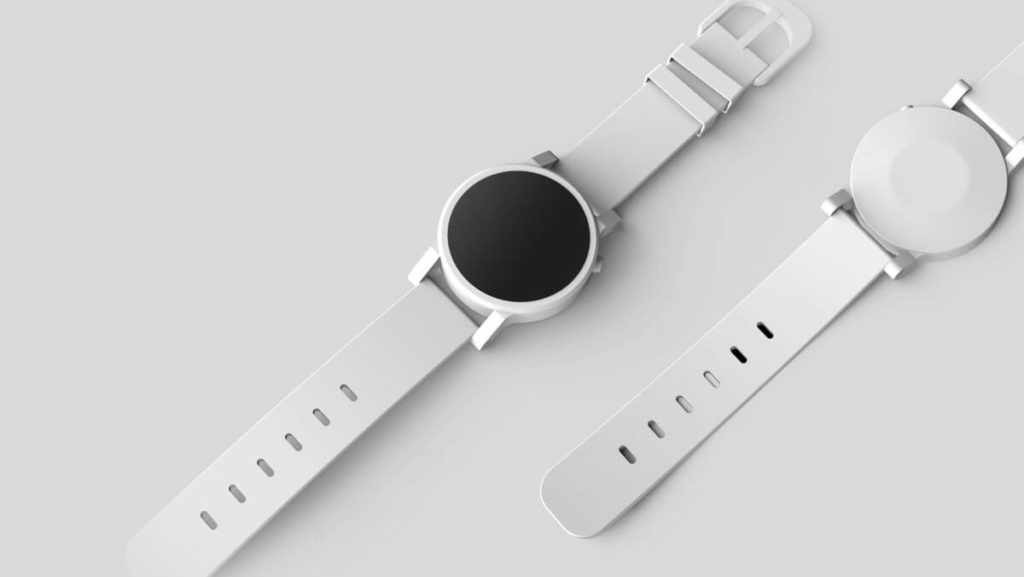
HYPERVSN 3D Catalog
USD 1,200
Qty

HYPERVSN 3D Catalog
USD 1,200
Qty

HYPERVSN 3D Catalog
USD 1,200
Qty
Cart Subtotal:
USD 3,600

HYPERVSN
Marketing Department
By offering a streamlined version with essential features, Minimum Viable Products (MVPs) allow businesses to quickly enter the market and gather valuable user feedback. By minimising development time and costs, MVPs enable rapid iteration and refinement based on real-world usage, ensuring that the final product aligns closely with customer needs and market demands.
In the dynamic landscape of product development, the concept of Minimum Viable Product (MVP) has emerged as a strategic approach to launching new products with minimal features but maximum impact. In this blog post, we will delve into various types of Minimum Viable Products, dissecting how they cater to different business objectives, market conditions and development timelines.
Exploratory MVPs are designed to test groundbreaking ideas and innovations in the early stages of product development. These MVPs typically feature a limited set of core functionalities that showcase the unique value proposition of the product. The primary goal is to gauge market interest, gather user feedback and validate the feasibility of the innovation before committing to a full-scale development.
Feature-limited MVPs prioritise speed to market by focusing on the most essential features required for the product to function. These MVPs are well-suited for industries where being the first to market is crucial. By streamlining the development process and delivering a functional product quickly, businesses can gain a competitive edge and start building a user base while incorporating additional features in subsequent iterations.
Piecemeal MVPs involve releasing a product in incremental components or modules. This approach allows businesses to deliver a basic version quickly and then iteratively add new features based on user feedback and evolving requirements. It aligns with an agile development methodology, enabling continuous improvement and adaptation in response to user needs and market dynamics.
The Wizard of Oz MVP approach involves simulating certain functionalities of a product to assess user interest and gather feedback without fully developing the underlying technology. This type of MVP is particularly useful when the technical feasibility of an idea is uncertain or when creating a fully functional product is resource-intensive. It allows businesses to validate concepts before investing in extensive development efforts.
Concierge MVPs focus on providing a highly personalised and manual service to a select group of early users. This approach is effective for service-oriented businesses that aim to understand user preferences and refine their offering through direct interaction. The concierge MVP allows for a hands-on, customer-centric approach to validate the market need and gather insights for future iterations.
Single-feature MVPs concentrate on developing and releasing a product with only one key feature or functionality. This type of MVP is advantageous when businesses want to validate the demand or usability of a specific feature without investing in the development of the entire product. It provides targeted validation and enables companies to pivot or expand based on user response.
Pre-order MVPs involve offering a product for pre-sale before it is fully developed. This approach not only validates market demand but also serves as a funding mechanism for further development. By gauging interest through pre-orders, businesses can secure initial capital and ensure that there is a ready customer base awaiting the product’s release.
Adaptive MVPs focus on continuous iteration and evolution based on real-time user feedback and changing market conditions. This approach is well-suited for industries where user preferences evolve rapidly or where a product’s success is contingent on staying ahead of emerging trends. Adaptive MVPs allow for ongoing refinement to meet evolving customer needs and maintain a competitive edge.
The variety of Minimum Viable Products underscores the flexibility and adaptability of this approach in product development. Whether aiming for rapid market entry, validating innovative ideas or incrementally building a robust solution, businesses can strategically choose the type of MVP that aligns with their objectives and market context. By understanding the nuances of each MVP type, organisations can optimise their development process, minimise risk and increase the likelihood of delivering a successful product to the market.




subscribe

USD 1,200
Qty

USD 1,200
Qty

USD 1,200
Qty
Cart Subtotal:
USD 3,600☎️